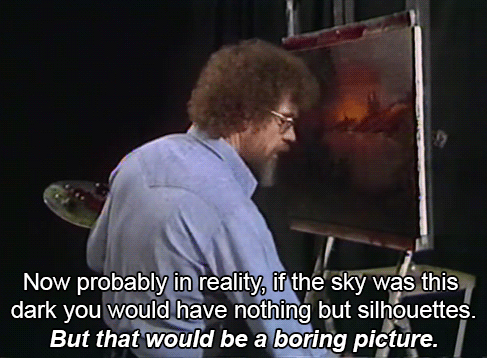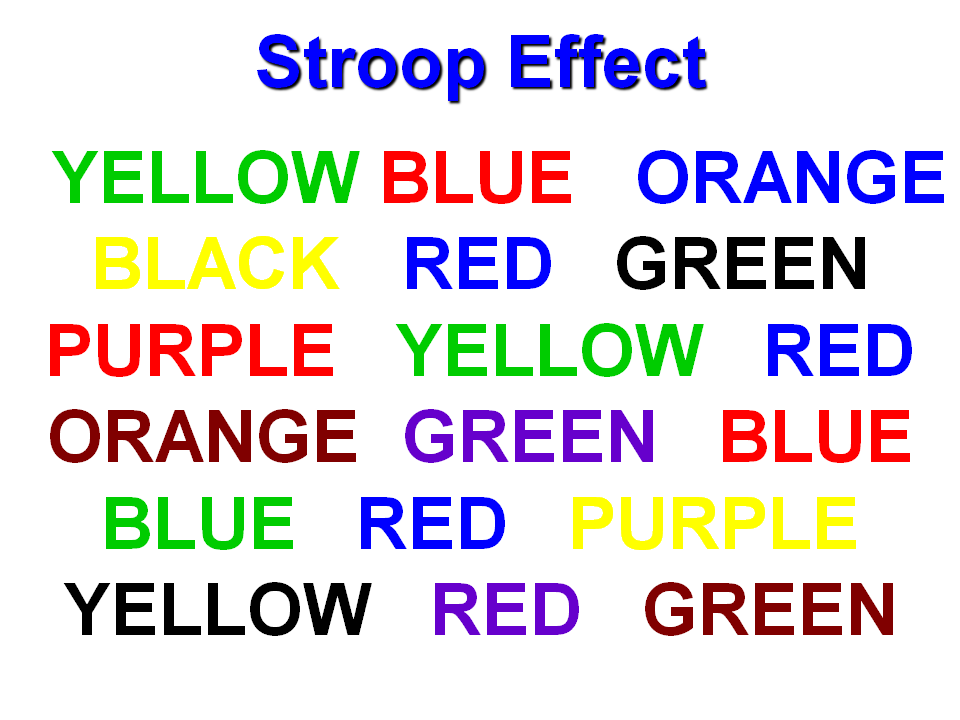Anybody here wanna become a musical supergenius with me?
Why not try to acquire a bit of synesthesia? It’s this cool neurological condition that causes people to mix up their senses (like, when they hear a sound or read words – they might see a color in their mind’s eye along with it).
Why would we want that, though?

’cause fckk boring ass reality, that’s why!
Add happy clouds in the name of art!
And speaking of “happy”, among the artists included in the “I can see sounds” club is Ranger Kick-Ass Pharrell. Although it sounds kinda like a burden that’d just interfere with life, it’s been credited for making those gifted with it shoot to the top of their fields – be it in music or math. There are celebrated artists and nobel winning scientists alike who have attributed their success to this mystifying condition. Williams insists he’d have no career without it.

(If I’m being honest, I don’t hate his Marilyn Monroe album at all. FUNFACT: Marilyn Monroe also had synesthesia)
Can it be acquired, though?
Apparently – yes. First off, there’s that one dude I saw on Discovery who was jumping into his swimming pool while trying to catch a football or something, and he cracked his cranium on the concrete corner. He should have been in a wheelchair forever, breathing a computer orders through a straw. But instead of become Stephen Hawking, he just acquired the music version of Hawking’s brain. Homie went to visit his friend one day, felt drawn to his piano, sat down and – after never plunking a key in his life – started unleashing melodic awesome all over the place. The notes and chords, he says, come to him as sort of black and white boxes.
That’s all well and good – but intentional head trauma sounds like a lot of work.
But if paralytic Russian roulette isn’t your speed, fear not – ’cause scientists are saying it can be actually learned. In a recent study, the test subjects read text with letters – some of which were always in one specific color. When asked to later read text with the same letters in different colors, they had trouble discerning what they were looking at right away. That effect’s called “stroop”.
Here! Try saying the color (not word) as fast as you can:

(Hah, you fail! You got stroop’d!)
So after you train hard to have a rainbow flavored creative experience, how long will your brand new skill last? For the volunteers, the effects lasted 7 months after the study. That may not seem like long, but it actually kind of is considering they didn’t continue to have the association reinforced when research ended. If you did keep weaving the sensory cocktail into your creative practice on the regular, it’d get pretty concrete, I imagine.
As for me actually working on this? I like half already have this but I’m too lazy to improve my colorful craft. Plus, it’s thus far been useless: like feeling colors, seeing portals that bump with the base of a song, or traveling lights that whoosh at the crash of a cymbal. But even that’s only if I’m calm and hearing a good song. If my Dell didn’t own the only keys I touch anymore, I could probably fine tune (pardon the pun) my synes-shiz on the piano.
But that won’t happen.
What I will do, though, is become a professor at a synesthesia school for the ungifted. And when I’m programming sense-connection into people, I’ll totally mix up random smells instead of colors with the notes and chords of a piano lesson. “Twinkle, Twinkle – (anal glands, lavender, new car smell)… how I wonder what you-(baby diarrhea)…”
#priorities.